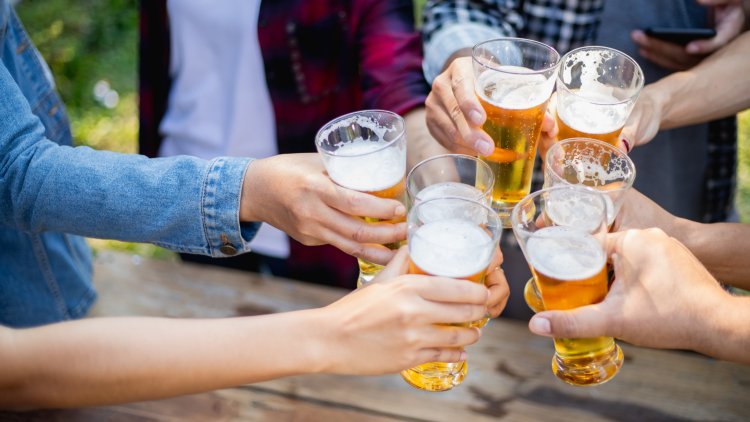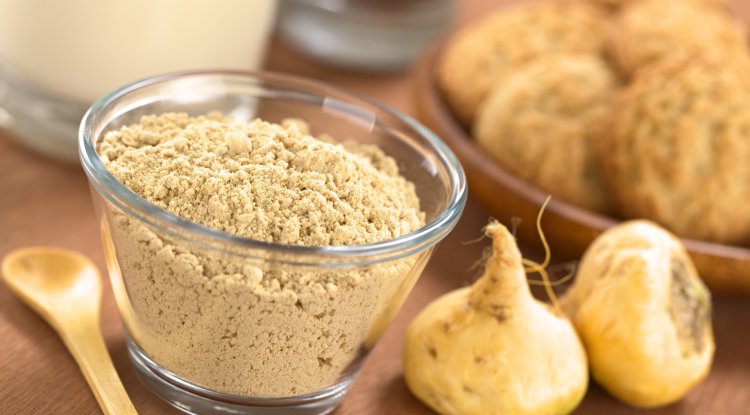This habit accelerates brain aging
A recent study found that even moderate amounts of alcohol can cause the brain to age faster.

There are many reasons why it is not good to be intemperate with wine or beer, especially since alcohol can be harmful to health in different ways. Now, however, you might want to forget about alcohol altogether, or in a big way, since a recent study found that even moderate amounts of alcohol can cause the brain to age faster.
In the latest study, published in the journal PLOS Medicine, researchers collected data from 20,965 participants, with an average age of 55. While 2.7% of the participants did not drink alcohol, the rest drank an average of 18 units each week. To put that into perspective, that's about the same as six large glasses of wine. If you prefer beer, then you will be interested to know that it is the same as seven and a half cans of your favorite beverage. This has proven to be too much when it comes to keeping the brain healthy.
"In the largest study to date, we found that drinking more than 7 units of alcohol per week is associated with iron accumulation in the brain," said Anya Topiwala from the University of Oxford, who is behind the study. "More iron in the brain is associated with poorer cognitive performance. The accumulation of this metal could be behind the cognitive decline associated with alcohol".
"Researchers have found that moderate alcohol consumption is associated with greater iron accumulation in the basal ganglia, a group of brain regions that help us perform cognitive, emotional, motor functions," for Eat This, Not That! said dr. Emma Lang, registered dietitian nutritionist, clinical professor at the University of Georgia, and national spokesperson for the Academy of Nutrition and Dietetics. "Higher doses of iron in the basal ganglia were associated with worse measures of cognitive function".
"The brain is very sensitive to changes in iron metabolism," says Lang, explaining that this metal in the brain causes cognitive decline. "Abnormally high levels of iron in the brain are associated with oxidative stress, which leads to neuronal damage and cell death."
Tips for reducing alcohol intake
If you want to reduce the amount of alcohol you drink to avoid potential brain aging, Lang says you might want to "choose light alcoholic or non-alcoholic beverages." In addition, "one or two glasses of water with each drink will help in curbing excessive consumption, as well as avoiding drinking alcohol on an empty stomach."
However, while some people might enjoy replacing their alcoholic beverages with non-alcoholic alternatives, those suffering from or recovering from addiction are strongly discouraged from trying them because the alternatives may increase the desire to drink alcohol. Indeed, Lang notes that the health consequences of alcohol consumption depend on the individual, their health condition, and the medications they take.
Ultimately, Lang says, "If you have a tendency to drink excessively or find that alcohol is causing problems in your life, we would recommend counseling and recovery programs. Your primary care physician can also advise you on appropriate resources. If you don't drink, it's not recommended to start."
Post by: Rinna James




























